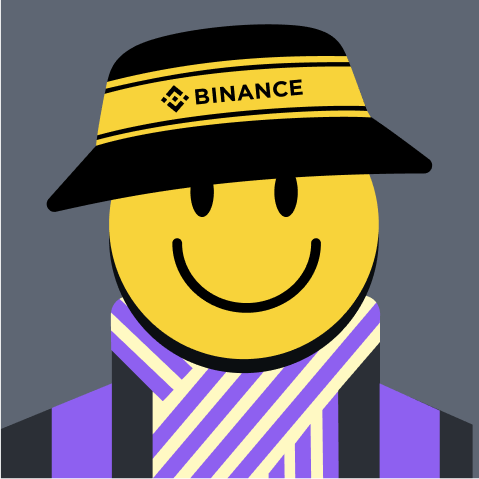There's a debate raging among Bitcoin users and developers over whether to filter out transactions in NFT-like "inscriptions" minted using the Ordinals project, since they're not a core financial use in keeping with many advocates' vision for the original blockchain.
But over at the auction house Sotheby's, some of the images are considered high art: In an online auction that started this week, two low-resolution cartoon characters and a pixelated avocado are already fetching bids in the 10s of thousands of dollars each.
The three digital images come from the BitcoinShrooms collection of Ordinals inscriptions, by the pseudonymous artist Shroomtoshi, according to the Sotheby's website.
Nary a trace of irony permeates the auction's promotional materials, penned in a florid style of prose that could just as easily apply to a Renaissance masterwork.
"Elegantly weaving the nuanced tapestry of Bitcoin’s history, culture and core technicalities, each unique, pixelated, and hand-crafted piece forms part of a masterful, yet playful guide to the revolutionary realm," the Sotheby's description reads. "Shroomtoshi created a standalone digital art collection that captures the cryptocurrency zeitgeist through nostalgic and hyper-referential modes."
The lowbrow-turned-highbrow project could reinforce just how valuable these NFTs-on-Bitcoin might be, at a time when some longtime developers of the original blockchain are taking steps to restrict transactions involving them.
Spam filtering
Over the past week, controversy emerged on social media after Ocean, a mining pool backed by Block Inc. head Jack Dorsey, who is the former CEO of Twitter (now X), implemented a node software that can filter out many of the transactions involving Ordinals.
Luke Dashjr, a developer guiding the project, pushed back against claims that the effort amounts to censorship, arguing that he's merely aiming to curb "spam" on the blockchain. He added that in his opinion, there's a "vulnerability" in the dominant Bitcoin Core software, since it fails to filter out these transactions.
Other Bitcoin users say the blockchain should be open to uses beyond financial applications.
A fresh round of acrimony exploded Wednesday and Thursday on X after the Bitcoin wallet Samourai posted that Ocean was also censoring its "Whirlpool transactions," or those that are run through a "coin mixer" designed to enhance privacy by making the cryptocurrency hard to track.
Dashjr responded that "this is a bug in your software, not an intentional policy on our end."
Whatever the case, a digital image called "Sovereign Individual" – technically "Inscription 716" inscribed onto SAT number 628391241467003 – had already garnered 27 bids in the Sotheby's auction that runs through Dec. 13. The current bid is $50,000, according to the auction house's website, well above the original estimate of $20,000-$30,000.
The digital avocado, known as "BIP39 SEED," has drawn bids up to $28,000, and a third image is already at $42,000.

Screengrab from Sotheby's website. (Shroomtoshi/Sotheby's)
In a statement on the Sotheby's site, the artist describes the collection as a "pixelated recap of the first 13 years of Bitcoin, a homage to the 8-bit style of art that expresses a slight nostalgia for the 90s, a way to soil 10s of thousands of SSDs spread across the world with my art (->next level cyber-vandalism), a tool to raise awareness about Bitcoin and what I personally view as its core principles, an ironic way to vent at what I see as its annoying pop elements and aberrations."
The auction site goes on to tout the Bitcoin network's "underlying decentralized infrastructure."
"All assets transferable through the Bitcoin blockchain are open, neutral, censorship resistant, and globally accessible for anyone to access and interact with," the website reads.








